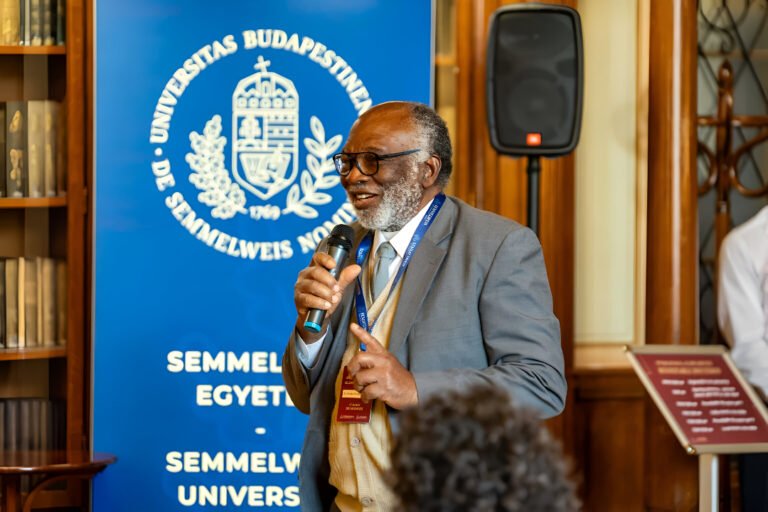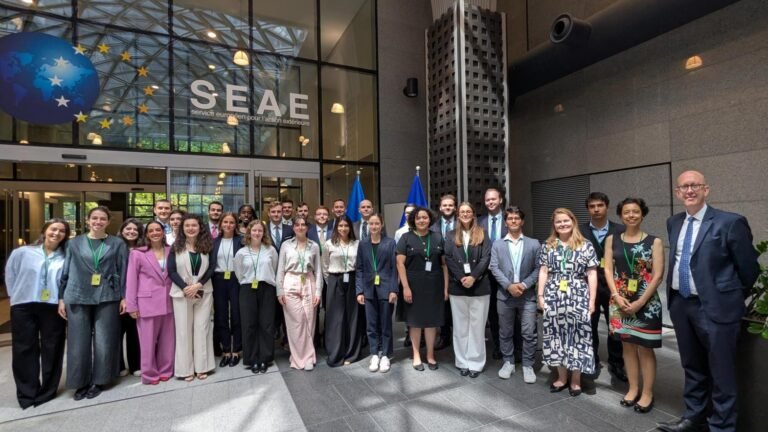
Obuda University recently hosted the International Conference on Generative Artificial Intelligence and Learning (ICGAL 2025), a pioneering event jointly organized with Oxford-i-Publishing and ÉlményMűhely. The conference brought together experts from 16 countries and featured more than 50 presentations exploring the transformative role of AI in education.
Held in a hybrid format, the conference enabled wide international participation, underscoring the global and inclusive nature of discussions around generative AI. Attendees engaged in a series of keynotes, workshops, and panel discussions that highlighted cutting-edge innovations at the intersection of technology and learning.
Prof. Dr. Enikő Maior, Vice-Rector for Education at Obuda University, emphasized the university’s commitment to integrating AI into education:
“Our vision is that artificial intelligence will fundamentally disrupt everyday life, which we will be able to harness to extend and complement human capabilities.”
In his keynote, Prof. Dr. Péter Galambos, Vice-Rector for Innovation, examined the use of synthetic datasets in robotics and discussed the complexities of training machines in fine motor skills compared to language processing.
Among the standout presentations was one by Dr. Zsombor Zrubka, Dr. Kristóf Fenyvesi, and Zoltán Márton, which explored how scalable technology frameworks can enhance human educational capabilities, stressing the importance of STEAM-based approaches.
The event concluded with the STEAMCRAFT workshop, demonstrating how custom Minecraft modifications can teach students about global challenges like climate change and sustainable urban development through immersive, game-based learning.
The success of ICGAL 2025 was made possible by the leadership of Prof. Dr. Levente Kovács, Rector of Obuda University and Honorary Chair, along with Dr. habil. György Eigner, International Scientific Co-Chair. Zoltán Márton, Head of the STEM Office and Local Co-Chair, played a pivotal role in ensuring the conference’s smooth execution.
Source: Obuda University






